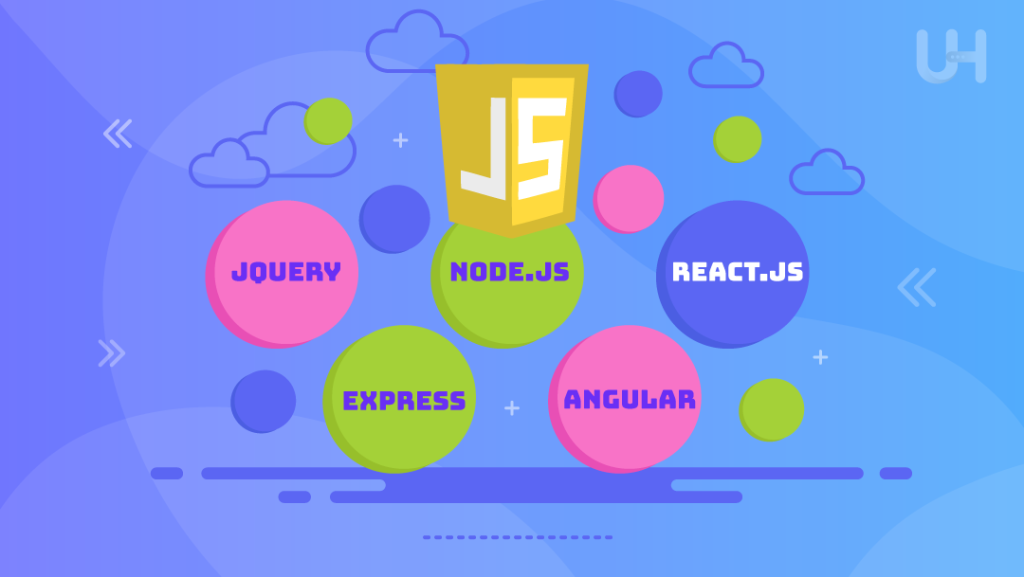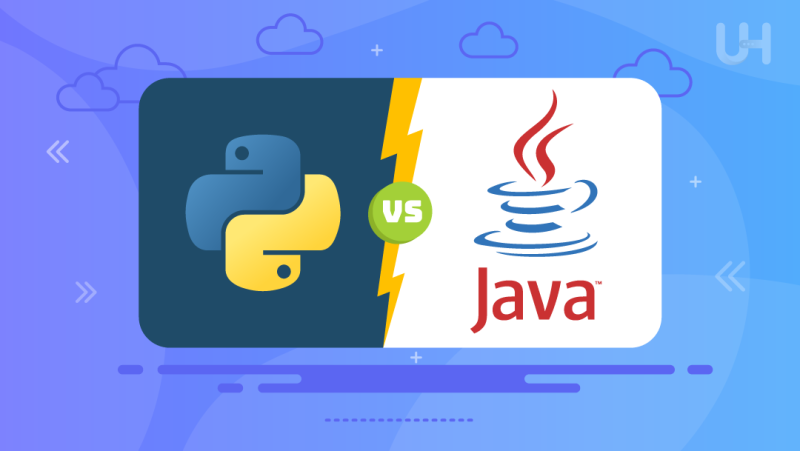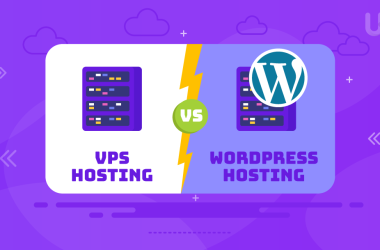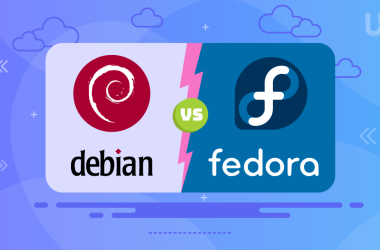The debate and programming world has always been running with many dissimilarities between Python vs Java, each stuffed with its uniqueness. Now that we are seriously in 2024, the question of which language rules the throne is still definitely on. All these adjectives can be applied to Python and Java. In most cases, their decision concerns the project’s needs and ease of learning or performance.
In this article, we’ll explore both languages in depth, considering their features, use cases, and the environments in which they excel.
What is Java?
Java is a general-purpose, concurrent, class-based, object-oriented computer programming language intended to have as few implementation dependencies as possible. Created by Sun Microsystems in 1995, it has been widely recognized for its remarkable portability, from mainframe data centers to mobile phones, which was made possible by its classic design principle, “write once, run anywhere” (WORA).
Key Features and Advantages
Java’s strengths include robustness, portability, security, strong memory management, and cross-platform compatibility, making it ideal for versatile application development.
- Robustness: By design, with a guarantee of reliability and resilience, Java is a perfect design for gigantic applications. The built-in error handling and exception mechanisms are pretty sound, making it easy for developers to write robust, bug-free software.
- Portability: Java is a platform-independent language, both at the source and binary levels. This means that Java applications can run on any Java-enabled device because they use the Java Virtual Machine (JVM).
- Security Features: Java’s broad security features provide further security provisions from general vulnerabilities like buffer overflows, boosting the safety of the applications.
- Memory management: Java provides excellent memory management through the garbage collector, an automated mechanism of reclaiming objects, and automatic check-ups of errors that make memory leak errors and other mistakes much less possible.
- Cross-Platform Development: This is the potential to write an application once and then run it on any device with a JVM. The outcome obtained is a similar user experience in dissimilar environments.
Use Cases and Popular Applications

Similarly, extensive systems development, Android app development, web applications, and software tools use Java. For that reason, most businesses prefer Java due to its stability as a language; it is scalable and confirmed quality. Examples of popular applications written in Java are the Android operating system and pretty huge frameworks such as LinkedIn and Amazon. The place where Java is complimented for dynamic web application development is through the use of JavaScript frameworks like Angular or React.
What is Python?
Python is an interpreted high-level, general-purpose programming language created by Guido van Rossum in 1991. The readability of code is one of Python’s central principles. Code is written with a significant level of indentation, which allows for a clean and non-cluttered look, thus enabling the developer to understand and develop further.
An object-oriented approach and Pythonic language constructs help the programmer write clear and logical code for any project, whether small or big. It supports a relative level of flexibility in software design and development due to its support for paradigms such as procedural, functional, and object-oriented programming. Python is straightforward to learn and follow, which makes it a first-class choice for everyone, be they beginners or experts.
Key Features and Advantages
Python’s key features include clean syntax, versatility, a comprehensive standard library, open-source nature, and efficiency in data and scientific computing.
- Clear Syntax and Readable Code: Python features clear and easily readable syntax, which can be very efficient for new learners. This clean code structure is very beneficial for rookie programmers to start with the coding principles without getting into complex syntax.
- Support for Multiple Programming Paradigms: It is very flexible and supports procedural but also object-oriented and functional programming. Flexibility allows a developer to use a paradigm that he believes is the best for a particular project on the requirement side.
- Comprehensive Standard Library: Python has one of the most extensive standard libraries, featuring packages and modules that assist in handling everyday programming tasks, from working with file systems to creating HTTP requests for web development.
- Open-Source Nature and Active Community: Python is open-source, which means it is available for free. It is iteratively developed by a large community of developers to ensure strong support and an abundance of resources.
- Efficiency in Specialized Fields: Python does its best in scientific computation, data analysis, and machine learning. With libraries like NumPy, Pandas, and TensorFlow, Python has a solid toolkit for dealing with and performing high-level, complex computations.
Use Cases and Popular Applications
Scientific computing can be easily done with Python. Python is also useful for data analysis. Artificial intelligence tasks can be accomplished with Python. Most things on the web can be done using Python due to its simplicity and versatility. Big platforms like YouTube, Instagram, and Pinterest fully harness Python from functionalities behind the scenes, manipulating data to features available for the end user. The Django and Flask frameworks go a notch further in affording Python the creation of robust and scalable web applications.
Boost Your Projects with Elite Hosting!
Ready to elevate your Python applications? Discover the advanced features and support that UltaHost provides to ensure your projects are efficient and scalable. Start your development journey with us now!
Key Features Comparison of Python vs Java
| Feature | Java | Python |
| Type | Compiled | Interpreted |
| Syntax | Strict typing | Dynamic typing |
| Performance | Generally faster | Generally slower |
| Learning Curve | Steeper | More gradual |
| Community Support | Large, well-established | Large, rapidly growing |
| Use Case | Enterprise, Android Apps, Web | Web, Data Science, AI, Scripting |
| Memory Management | Automatic garbage collection | Automatic garbage collection |
| Cross-Platform | Yes (with JVM) | Yes (interpreter required) |
Python vs Java: Which is Better?
A decision on which Java or Python is better for any given project is based on the kind of project and the comfort level of the team in the use of the language. Large, complex applications requiring high performance and scalability might be where Java is the choice. Its robustness and efficiency make it suitable for corporate environments and Android development.
On the other hand, Python fits very well into projects that are supposed to be developed and changed very quickly and maintained easily, but they are data-intensive. Python has a simple and readable syntax for rapid coding. This is particularly beneficial for machine learning and data analysis projects.
Decision-Making Process
The decision between Python and Java should consider several factors:
- Project requirements: The nature and requirements of the project can dictate the choice.
- Performance needs: Java might be more suitable for high-performance apps.
- Development speed: Python often allows faster development thanks to its simpler syntax.
- Team expertise: The existing skill level of the development team can influence the choice.
While both languages, Java and Python, are potent and possess solid communities and libraries, the decision to choose should be based on project-specific needs, team capabilities, and future considerations of the software being developed.
Suitable Hosting Solutions for Java and Python Projects
In assessing the best of VPS hosting solutions for Java and Python projects, it is only great to consider configurations that serve your application well. Below are three tailored VPS hosting services that stand out in their unique features and performance:
Unlimited Bandwidth VPS
The Unlimited Bandwidth VPS can work best for your Java and Python projects that require high volumes of traffic or large data transfers. This is because relatively high bandwidth applications run at maximum speed without limiting bandwidth or additional charging for the data transfer across the network. This makes it especially useful in applications that deal with any real-time processing of vast amounts of data or rich multimedia content. Hence, this is equally suitable for both small inventions and large business solutions.
Cloudflare VPS
Incorporating cloudflare with a VPS gives an added security and performance feature that helps give Java- and Python-based applications more weight. Cloudflare VPS helps shield applications from cyber threats and DDoS attacks that affect applications, shortening load times and aiding in losing CDN. In this regard, it will be beneficial for applications catered to users in any given geography where content loading is to be fast. It’s a robust solution to ensure optimal business operation speeds and uptime without compromising security.
NVMe VPS
NVMe VPS hosting is best for those who feel extreme about quality and performance in storage. It features the latest technology in non-volatile memory with non-volatile memory express technology. It is able to offer your site much quicker data read and write compared to legacy SSDs. This space is ideal for Java and Python applications with high input/output demands, such as large-scale databases, complex computations, and real-time analytics platforms.
Conclusion
In 2024, needs and strategic priorities define the decision to select either Python vs Java for the project. Owing to its strength and efficiency, Java is a good language for enterprise and mobile application development. On the other hand, Python is most relevant to projects with high requirements for rapid growth and flexibility in data analytics and emerging technologies. Both have significant advantages, and the choice has to be related to the specific needs of a project or a team’s qualification. Python and Java are some of the most critical, dynamic toolsets that remain relevant as technology advances. For more information, check out this comprehensive data science online course.
Wrap up your Java projects with UltaHost’s Java hosting solutions. Experience unmatched performance and reliability for your development needs. Trust UltaaHost to power your Java applications.
FAQ
Which language is faster, Python or Java?
Java is generally faster because it is a compiled language, whereas Python is interpreted.
Is Python easier to learn than Java?
Yes, Python’s syntax is simpler and more intuitive, making it easier for beginners.
Can Python be used for web development?
Yes, Python is popular in web development with frameworks like Django and Flask.
Is Java platform-independent?
Java is designed to be platform-independent through the Java Virtual Machine (JVM).
Which language should I choose for quick development?
Python is often preferred for quick development due to its simple syntax and powerful libraries.








